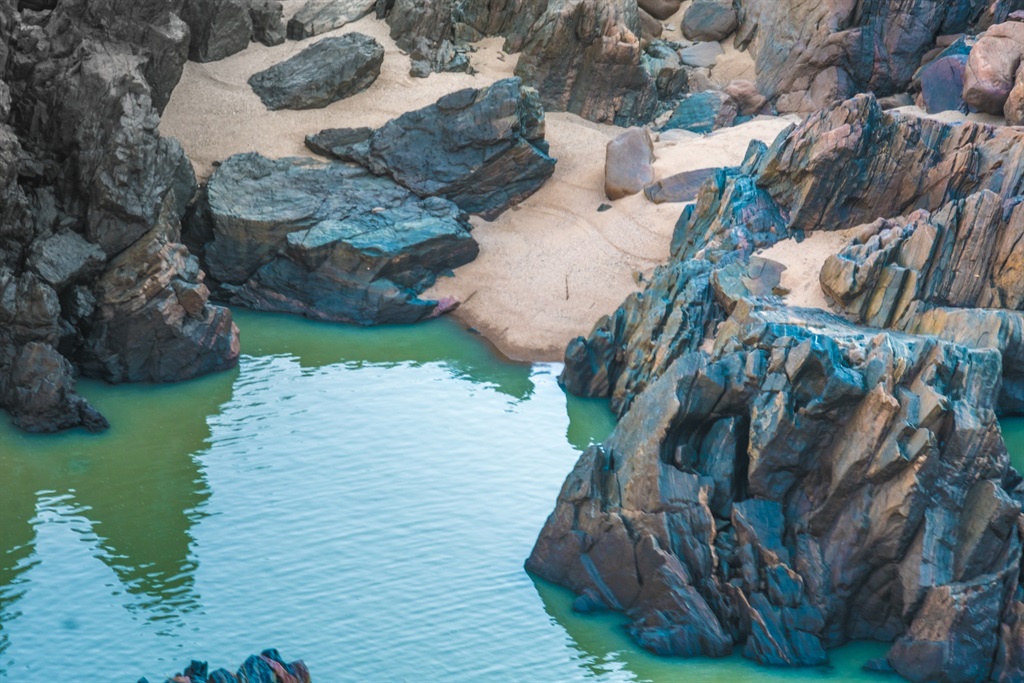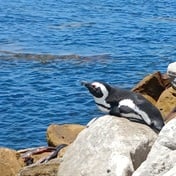
- Competing demands in Sub-Saharan Africa are burdening the climate change fight in Angola.
- Most citizens feel they should be actively involved in climate change mitigation.
- COP27 presents Africa with a chance to lead the climate conversation and negotiate better climate deals.
- For more financial news, go to the News24 Business front page.
It's been five years since Angola last had a good rainy season and a bumper harvest.
According to ReliefWeb, a humanitarian information source on global crises and disasters in February this year, 1.58 million people were facing acute levels of food insecurity in Angola.
Of those, 400 000 were children projected to be acutely malnourished.
The worst drought in 40 years for Angola has also seen migrations from the south of Angola to the northern parts of Namibia.
A report by the International Federation of Red Cross and Red Crescent Societies (IFRC) says, "the drought has led to poor harvests, depleted reserves, loss of livestock, and rising food prices."
Aid agencies say it's getting harder for them to deal with the situation in Angola because of competing demands in Sub-Saharan Africa.
Sub-Saharan Africa according to the World Food Programme (WFP) is experiencing one of the most alarming food crises in decades, with an estimated 146 million people in Sub Sahara Africa in need of food aid.
By comparison, this is just about half of the population of the US, which stands at 332 403 650.
The World Bank says rising sea levels pose a threat to Angola's coastal areas in particular, which are home to nearly half of the country's population.
Drought and flooding pose a threat to the agricultural sector, which employs approximately 85% of Angolan adults.
Meanwhile increased disease exposure, scarcity of water, and food insecurity pose a threat to all Angolans.
According to the findings from a new Afrobarometer survey, less than half of Angolans, including one in every four rural residents, have heard of climate change.
But the majority of those who are aware of climate change believe it is making life in Angola more difficult.
Climate change awareness in general, and its negative impact in particular, rises sharply with citizens' level of education.
"Fewer than half [46%] of Angolans say they have heard of climate change. Among those who are aware of climate change, a majority [56%] say it is making life in Angola worse.
"More than six in 10 say that ordinary citizens can help limit climate change [63%] and that the government should take immediate action to limit climate change [61%], even if it is expensive, causes job losses, or takes a toll on the economy," the report says.
A majority of Angolans are of the view that the public and government should join hands in mitigating climate change impact.
"More than six in 10 [63%] agree or strongly agree that citizens can help curb climate change, and a similar proportion [61%] say the government should take steps now to limit climate change, even if it is expensive, causes job losses, or takes a toll on the economy," the report says.
The 2022 United Nations Climate Change Conference (COP27) in Egypt next month presents a unique opportunity for Africa to lead the climate conversation and negotiate better climate deals for the continent.
The News24 Africa Desk is supported by the Hanns Seidel Foundation. The stories produced through the Africa Desk and the opinions and statements that may be contained herein do not reflect those of the Hanns Seidel Foundation.




 Publications
Publications
 Partners
Partners












